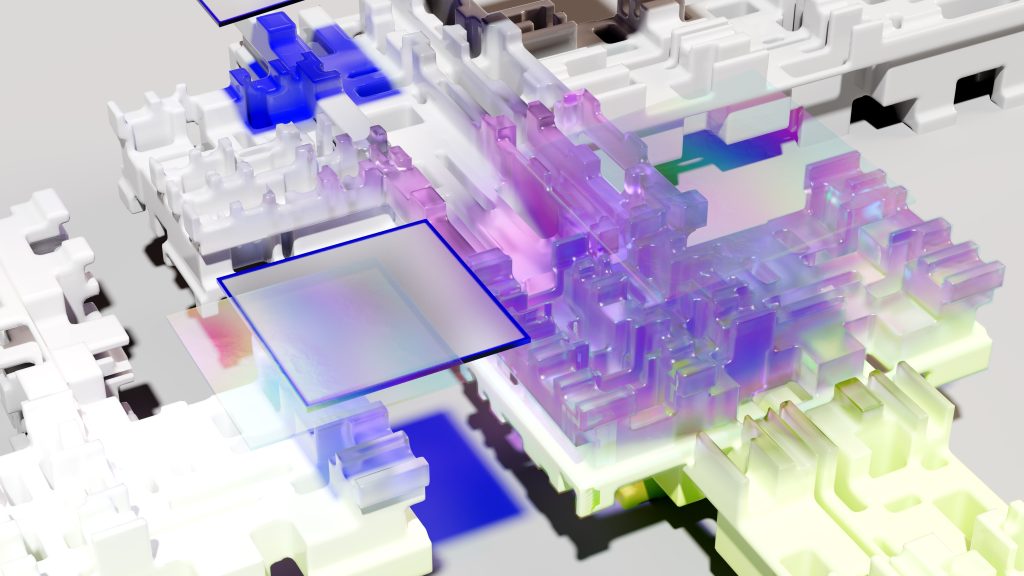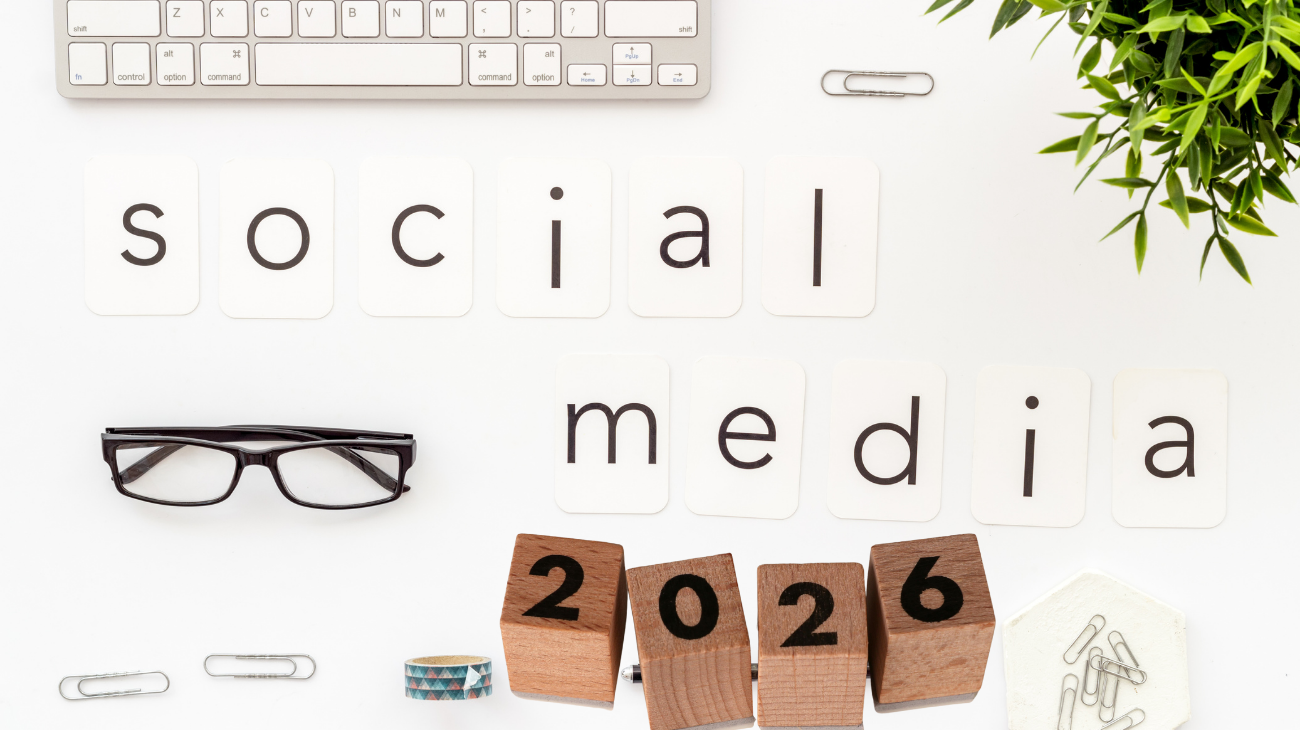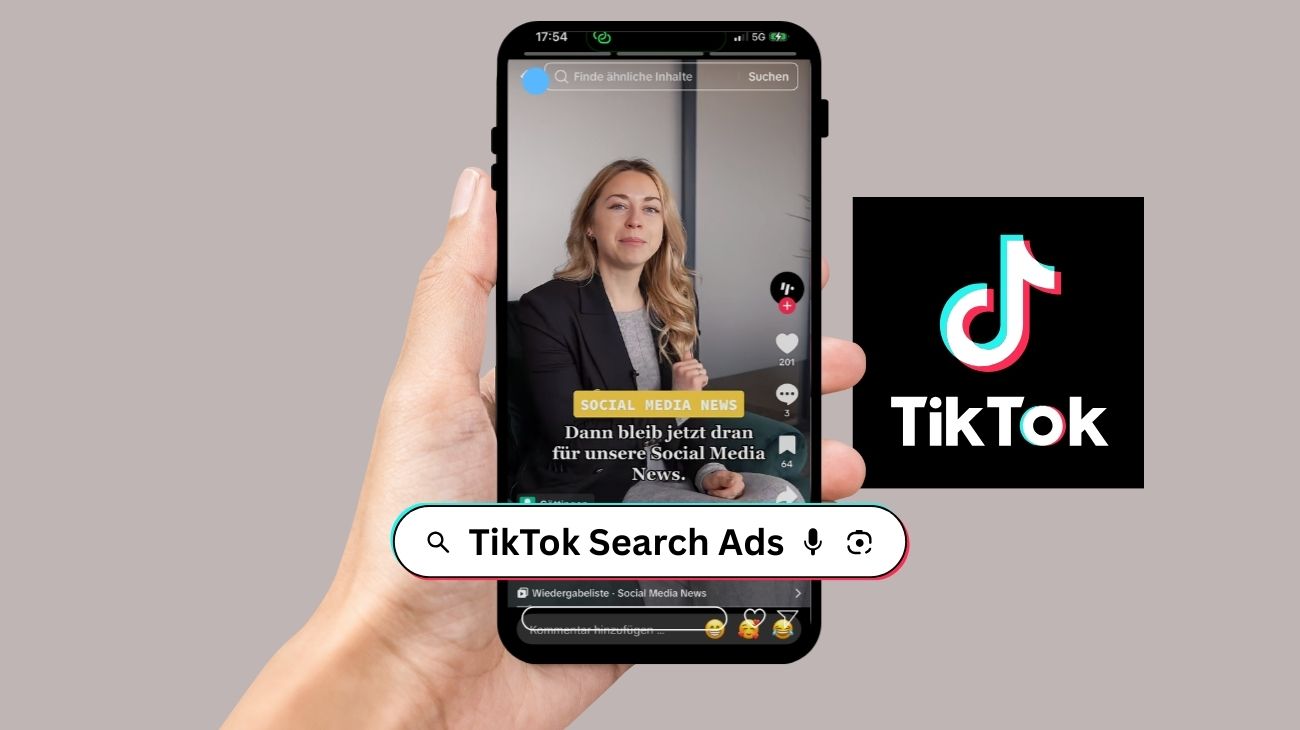How to combine business strategy and AI in marketing?

AI is on everyone’s lips these days. Many are trying their hand at Chat GBT, DALL-E or many other AI tools. Great excitement and anticipation is spreading with the newly released version GBT – 4, which in contrast to its predecessors, according to current discussions, almost approaches the performance of human intelligence. Everyone is trying to keep up in the race against time. But what is artificial intelligence? How does AI work?
More importantly, how can AI work for you in marketing?

Let us first come to the definition of AI:
Artificial intelligence (AI) refers to the development of computer-based systems that can perform tasks that require human intelligence, such as speech recognition, text comprehension, decision making, or problem solving. AI systems use algorithms and data to recognize patterns, learn rules, and make decisions. They can be trained to act in a human-like manner. AI applications can be found in a wide variety of fields, such as healthcare, automotive, finance, or the use of AI in marketing.
The goals of developing artificial intelligence are many and varied. They range from automating processes, to improving the customer experience, to creating autonomous systems capable of solving complex problems.
What are the current AI marketing possibilities?
Artificial intelligence can be found in every application we use every day, from social media to commerce to e-learning. We are familiar with the algorithms that, for example, help to filter out information that is currently in demand. From a user perspective, this means ease of use, real-time processing, and a very high level of convenience.
In marketing today, it means using AI to collect data, improve the customer experience, optimize marketing strategies, and make better decisions.
Artificial intelligence technology can be classified into three categories:
- ANI = artificial narrow intelligence
This refers to the weak artificial intelligence, this is currently the most common form. Here it should be remembered that this type is not equal to people, the intelligence can focus on a fixed variable. Trained can be the algorithms on:
Behavior: To perform trained and learned behavior, is used for example in robot programming.
Perception: Perceptual and perceptual skills are applied in text and image processing.
Cognition & Learning: Logical understanding, learning and reproducing knowledge, and clustering are generated and trained.
- AGI = artificial general intelligence
This is an advanced level of AI. It has the ability to perform intellectual tasks, follow requirements, and perform further actions independently. The intelligence should be more or less similar to that of humans.
- ASI = artificial super intelligence
This describes still a hypothetical AI state. The goal is to create an intelligence that is more advanced than human intelligence.

What are the benefits of artificial intelligence in online marketing?
So far, the use of artificial intelligence in marketing has taken place at the ANI level. Here, the capabilities of Perception and Cognition are used. Logical understanding, pattern recognition and clustering as well as support for text and image processing significantly increase efficiency. By automating many marketing tasks, AI saves resources, time and ultimately a lot of budget. Users have now become accustomed to a very high level of convenience. Fast response times, short processing times and a high level of satisfaction are desired along the entire customer journey. To make this very journey as successful as possible, AI in online marketing can be very helpful in the area of personalization.
Customers like to be addressed personally
They want to feel that the product is tailored to their needs. With the help of artificial intelligence, the high level of personalization can only be achieved if customer data is used intelligently. Customer needs can be quickly identified and analyzed to determine what the end customer really wants. The end customer leaves behind a lot of data at many touch points along the entire customer journey, which can be used to better understand customer behavior.
Why do customers behave the way they do?
What suggestions for improvement can be made based on their behavior? This is precisely where an AI can come in, analyze the behavior and draw conclusions from it. A sales or marketing strategy can be derived from this and predictions can be made from what is learned. The new trends or predictions enable the company to adjust its own marketing strategy in a short-term and up-to-date manner. In addition, AI helps in the analysis of large amounts of data. Through analysis, patterns and trends can be identified early and optimized accordingly. Better decisions can be made faster and the manpower saved can be used to increase creative implementation.
High customer satisfaction brings high conversion
If the customer receives a tailored and relevant offer at the right time, a purchase is virtually certain. In addition, the end customer feels that he or she is being listened to and understood, which increases customer satisfaction and customer lifetime value enormously. The added value from all these benefits makes the company significantly more profitable.
-Foto von Gian Cescon auf Unsplash–
What are the possibilities of AI in social media marketing so far?
In the past, advertising was very expensive. Pricey posters were put up randomly in the best places, with no way to tell exactly whether the measure was successful. It was not possible to analyze which poster in which place promised success and which did not. Thanks to AI in social media, much more information about users is now available. In social media marketing, information and conclusions can be drawn from this. Who follows whom, how old is my target group, who else do followers follow like that? What are the current needs?
How can artificial intelligence support your social media marketing strategy?
The use of AI in the enterprise can be very diverse. The following section lists areas where artificial intelligence can be used:
- Audience Analysis
All user behavior is tracked, analyzed and categorized. At what time of day are followers active, where are they and what exactly interests them.
- Content Creation
The AI assists in the creation of content, be it visual or textual. It can also analyze what has already been posted. Are images posted in daylight, at night, in color or black and white? What is the mood that you want to use for your product? Which target group is addressed with which atmosphere?
- Performance Analysis
How long will it take for the investment to pay for itself? Is the return on investment profitable?
- Campaign optimization
How do the likes and click-through rates develop? Should these drop, there is the possibility to react faster and to optimize again.
- Fraud Detection
Is there any non-legitimate handling in the post?
Conclusion: AI and marketing
AI in online marketing brings a high level of automation and significant value to customers. Customer satisfaction and customer lifetime value increase dramatically. The relationship between customer acquisition costs and customer lifetime value improves in the long term, making the company more profitable.
AI – Social Media
Overall, AI is proving to be a great support for influencer marketing. It enables brands to identify the right audience, improve their campaigns, and ensure that their investments pay off for the business.









 Sign up
Sign up 